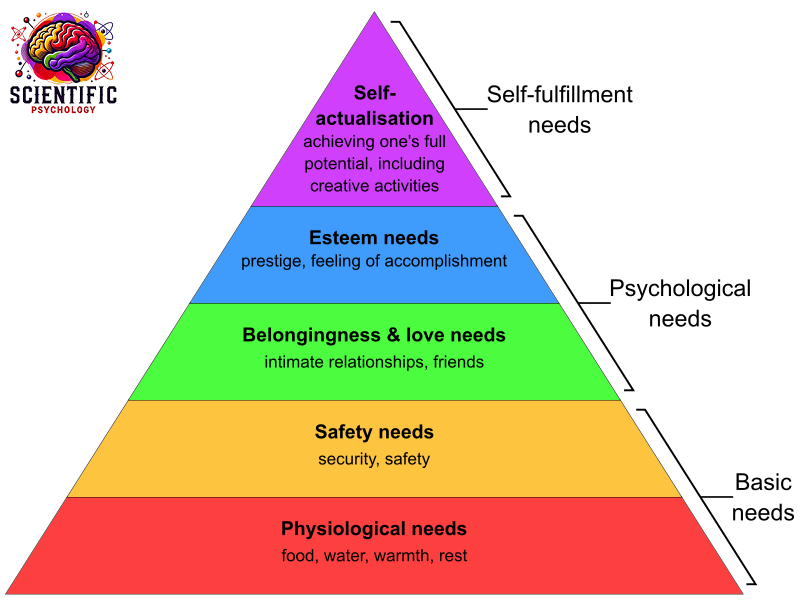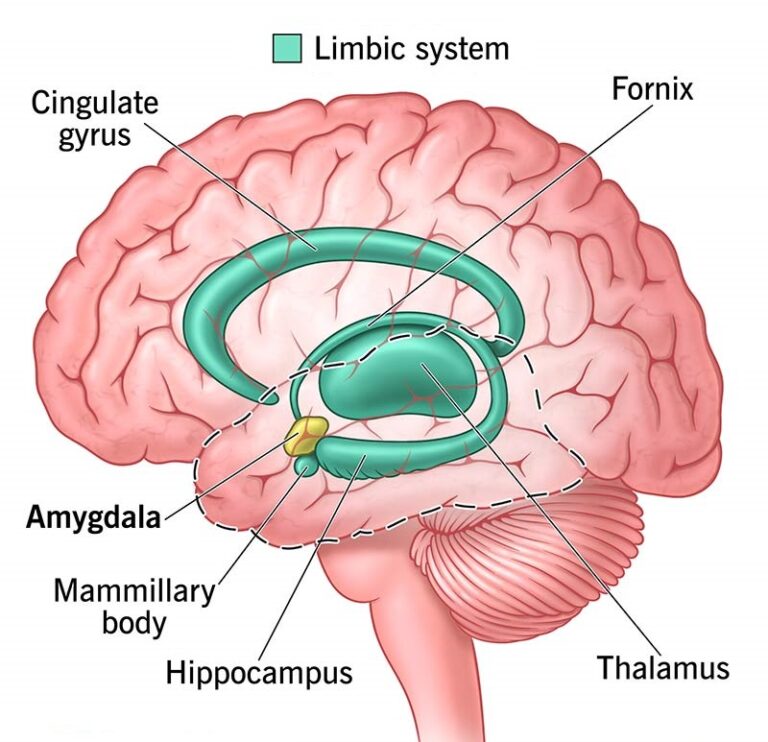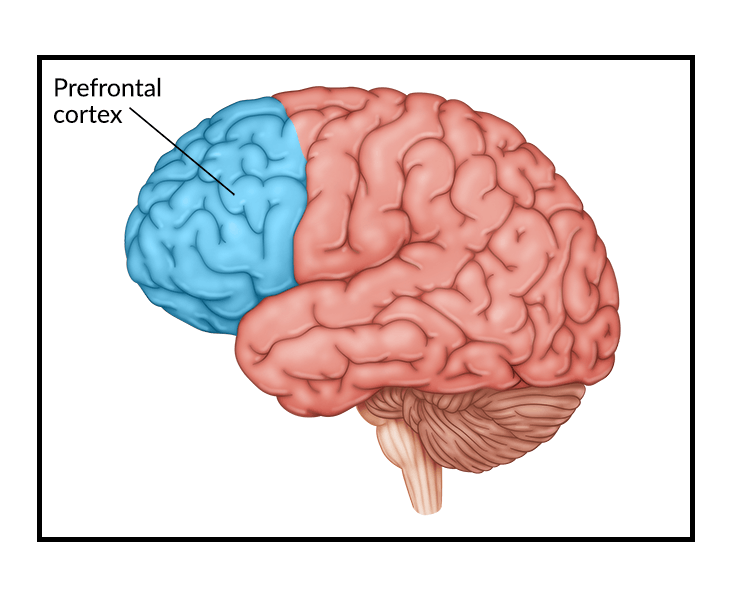
Psychology has evolved through various schools of thought, each with unique contributions to understanding human behavior and mental processes. One such transformative school is Humanistic Psychology, which emphasizes personal growth, self-actualization, and the inherent goodness of individuals. Often referred to as the “third force” in psychology, Humanistic Psychology arose as a reaction against the determinism of psychoanalysis and behaviorism.
What is Humanistic Psychology?
Humanistic Psychology focuses on the individual as a whole, emphasizing free will, self-awareness, and personal growth. This approach views humans as inherently capable of making choices that lead to personal fulfillment and well-being. Unlike behaviorism, which centers on observable behaviors, or psychoanalysis, which delves into unconscious motives, Humanistic Psychology celebrates human potential and creativity.
At its core, Humanistic Psychology asks: What makes life meaningful? For example, a person who pursues a career in art, not for financial gain but for personal satisfaction, embodies the principles of humanistic thought.
Origins and Development
Humanistic Psychology emerged in the 1950s and 1960s, spearheaded by psychologists such as Abraham Maslow and Carl Rogers. These pioneers sought to create a more optimistic and holistic view of human nature, focusing on strengths rather than deficits.
Key Figures:
- Abraham Maslow: Known for his Hierarchy of Needs, Maslow highlighted self-actualization as the pinnacle of human development (Maslow, 1943).
- Carl Rogers: Developed Client-Centered Therapy, emphasizing empathy, unconditional positive regard, and the therapeutic relationship (Rogers, 1951).
Maslow’s seminal research demonstrated that individuals strive to meet higher psychological needs only after satisfying basic survival needs. For instance, a person struggling with food insecurity is less likely to focus on achieving personal goals.
Core Principles of Humanistic Psychology
Humanistic Psychology is founded on several key principles:
1. Free Will and Personal Agency
- Emphasizes the ability of individuals to make choices and take control of their lives.
- Example: A student choosing a field of study based on passion rather than societal expectations.
2. Self-Actualization
- The process of realizing one’s fullest potential.
- Example: An entrepreneur starting a business to bring an innovative idea to life, despite challenges.
3. Holistic View of the Individual
- Considers emotional, physical, and spiritual dimensions.
- Example: Therapists addressing not only symptoms of anxiety but also lifestyle factors, relationships, and personal aspirations.
4. Unconditional Positive Regard
- Developed by Carl Rogers, this principle involves accepting and valuing clients without judgment.
- Example: A teacher encouraging a struggling student by focusing on their potential rather than failures.
5. Focus on the Present Moment
- Encourages living in the here and now rather than dwelling on past regrets or future anxieties.
- Example: Mindfulness practices that promote present awareness.
Applications of Humanistic Psychology
Humanistic principles have been applied across various fields, including therapy, education, and organizational behavior.
1. Therapy
- Humanistic approaches, such as Client-Centered Therapy, empower individuals to find solutions within themselves.
- Research indicates that client-centered approaches improve therapeutic outcomes by fostering a sense of autonomy and self-worth (Rogers, 1957).
2. Education
- Humanistic education promotes creativity and critical thinking, encouraging students to become active participants in their learning journey.
- Example: A classroom that emphasizes student-led projects and exploration over rote memorization.
3. Workplace Applications
- Humanistic principles guide leadership and employee development by fostering meaningful work environments.
- Example: Companies adopting practices that prioritize employee well-being and personal growth over productivity metrics alone.
| Principle | Example in Practice |
|---|---|
| Self-Actualization | Offering professional development opportunities |
| Unconditional Positive Regard | Recognizing employee efforts without bias |
| Holistic Focus | Wellness programs addressing physical and mental health |
Maslow’s Hierarchy of Needs
Maslow’s framework is one of the most recognized contributions of Humanistic Psychology. It outlines a progression of human needs, starting with basic survival and culminating in self-actualization.
| Level | Description | Example |
|---|---|---|
| Physiological Needs | Basic survival needs (food, water) | Access to clean drinking water |
| Safety Needs | Security and stability | Safe housing and employment |
| Love and Belonging | Social connections | Building strong friendships |
| Esteem Needs | Recognition and self-respect | Receiving a promotion |
| Self-Actualization | Realizing personal potential | Writing a novel or starting a charity |

Criticisms and Limitations
While Humanistic Psychology has been transformative, it is not without its critics:
- Lack of Scientific Rigor: Critics argue that concepts like self-actualization are subjective and difficult to measure (Schneider, 2001).
- Overemphasis on Individualism: Humanistic principles may not resonate as strongly in collectivist cultures.
- Neglect of Negative Aspects: By focusing on human potential, it may overlook darker aspects of human behavior.
Conclusion
Humanistic Psychology offers a hopeful and empowering perspective on human behavior, emphasizing growth, potential, and the importance of a supportive environment. Its principles have enriched therapy, education, and leadership, fostering a deeper understanding of what it means to live a meaningful life. While challenges remain in operationalizing its concepts, Humanistic Psychology continues to inspire individuals and practitioners worldwide.
References
- Maslow, A. H. (1943). A Theory of Human Motivation. Psychological Review.
- Rogers, C. R. (1951). Client-Centered Therapy: Its Current Practice, Implications, and Theory. Houghton Mifflin.
- Rogers, C. R. (1957). The Necessary and Sufficient Conditions of Therapeutic Personality Change. Journal of Consulting Psychology.
- Schneider, K. J. (2001). The Paradoxical Self: Toward an Understanding of Our Contradictory Nature. Prometheus Books.
- Wolpe, J. (1958). Psychotherapy by Reciprocal Inhibition. Stanford University Press.







